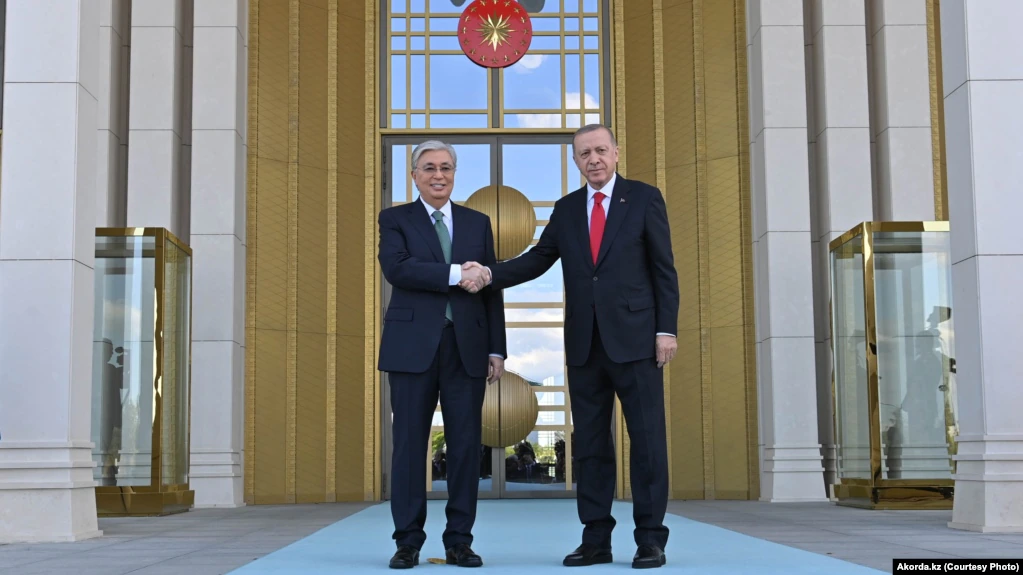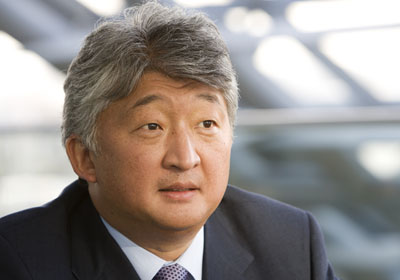 Vladimir Kim, chairman of the FTSE 100 mining company Kazakhmys and one of Britain's wealthiest residents, has been accused of giving false evidence to a foreign court during the trial of a former prime minister of Kazakhstan.
Vladimir Kim, chairman of the FTSE 100 mining company Kazakhmys and one of Britain's wealthiest residents, has been accused of giving false evidence to a foreign court during the trial of a former prime minister of Kazakhstan.
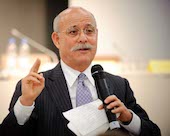 The first industrial revolution in the 19th Century was the invention of the steam engine. In the 20th Century oil and gas played a large role, and the US invented the telephone and television. Electrical supplies became centralised.
The first industrial revolution in the 19th Century was the invention of the steam engine. In the 20th Century oil and gas played a large role, and the US invented the telephone and television. Electrical supplies became centralised.


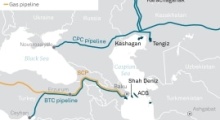


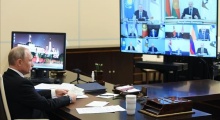

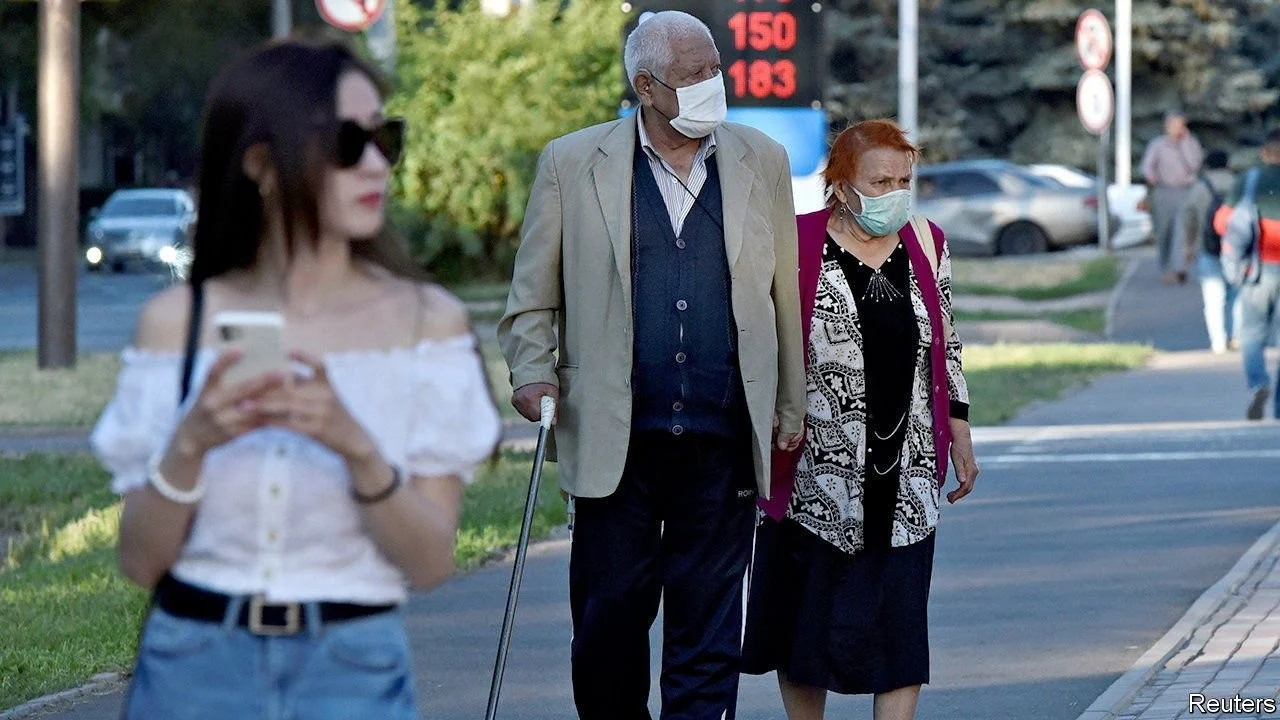
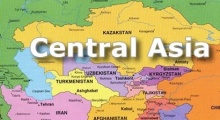
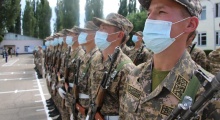

 Mining firm ENRC bids farewell to the Stock Exchange but its Uzbek and Kyrgyz creators are here to stay. It is May 2010 at Monaco's vast Le Sporting banquet hall, where 800 guests have responded to an invitation from one of central Asia's most powerful, and secretive, oligarchs.
Mining firm ENRC bids farewell to the Stock Exchange but its Uzbek and Kyrgyz creators are here to stay. It is May 2010 at Monaco's vast Le Sporting banquet hall, where 800 guests have responded to an invitation from one of central Asia's most powerful, and secretive, oligarchs. The railroad locomotive factory here on the outskirts of the capital of Kazakhstan is one of the most modern in the world, with huge yellow overhead cranes and a work force of 1,100. An engine factory being built next door will soon make some of the world's most fuel-efficient 12-cylinder diesel engines.
The railroad locomotive factory here on the outskirts of the capital of Kazakhstan is one of the most modern in the world, with huge yellow overhead cranes and a work force of 1,100. An engine factory being built next door will soon make some of the world's most fuel-efficient 12-cylinder diesel engines.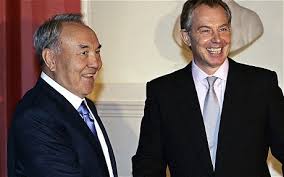 Just over two years ago, former British Prime Minister Tony Blair signed on as a political consultant with the government of Kazakhstan. His performance as an adviser to the Central Asian nation remains a source of contention. But what is indisputable is that Kazakhstan's democratization record is far poorer today than it was when he started.
Just over two years ago, former British Prime Minister Tony Blair signed on as a political consultant with the government of Kazakhstan. His performance as an adviser to the Central Asian nation remains a source of contention. But what is indisputable is that Kazakhstan's democratization record is far poorer today than it was when he started.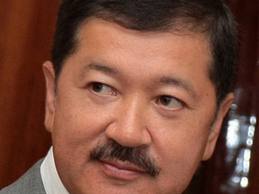 When Bulat Utemuratov's boss told him to go to Europe and open the first trading house for their newly independent Kazakhstan, his reaction was pure Soviet. "Oh no, They want to exile me," Utemuratov remembers thinking with alarm. The year was 1992. The Soviet Union had just been disbanded, and Russia had introduced its own ruble, sparking hyperinflation in former republics such as Kazakhstan that were still using the old Soviet currency. The first, and still only, president, former Politburo member Nursultan Nazarbayev, was desperate for hard currency.
When Bulat Utemuratov's boss told him to go to Europe and open the first trading house for their newly independent Kazakhstan, his reaction was pure Soviet. "Oh no, They want to exile me," Utemuratov remembers thinking with alarm. The year was 1992. The Soviet Union had just been disbanded, and Russia had introduced its own ruble, sparking hyperinflation in former republics such as Kazakhstan that were still using the old Soviet currency. The first, and still only, president, former Politburo member Nursultan Nazarbayev, was desperate for hard currency. Prime Minister Joseph Muscat yesterday declared in parliament that Kazakh exile Rakhat Aliyev would not be able to procure himself a passport under the Individual Investor Programme. Speaking in his reply to the speech by Opposition leader Simon Busuttil for Budget 2014, Muscat reacted to news broken by MaltaToday that Aliyev, who lives in Malta and faces criminal investigations on money laundering and even if involvement in a double murder in several EU member states, would not qualify under the IIP.
Prime Minister Joseph Muscat yesterday declared in parliament that Kazakh exile Rakhat Aliyev would not be able to procure himself a passport under the Individual Investor Programme. Speaking in his reply to the speech by Opposition leader Simon Busuttil for Budget 2014, Muscat reacted to news broken by MaltaToday that Aliyev, who lives in Malta and faces criminal investigations on money laundering and even if involvement in a double murder in several EU member states, would not qualify under the IIP.


